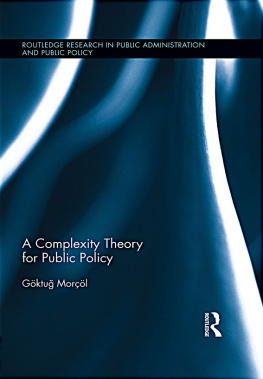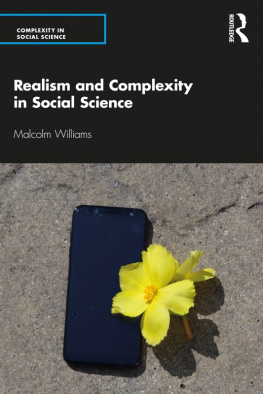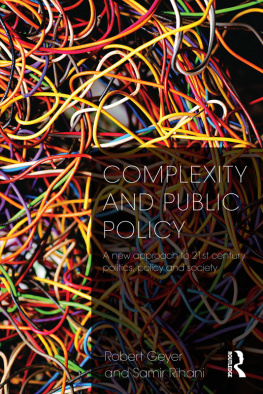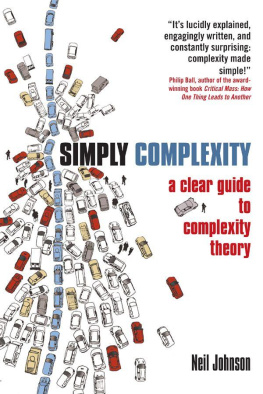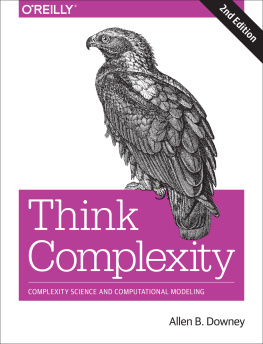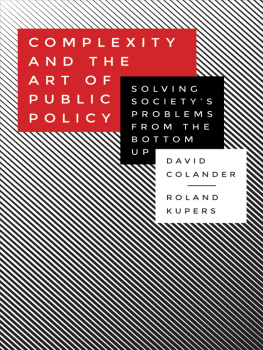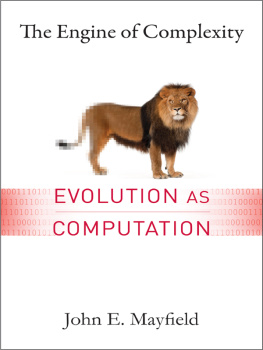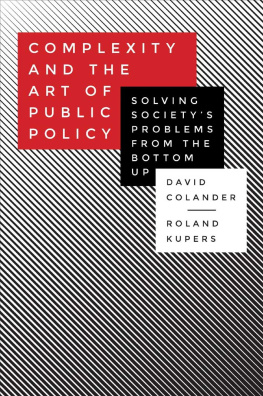A Complexity Theory for Public Policy
Routledge Research in Public Administration and Public Policy
A Complexity Theory
for Public Policy
Gktu Morl
A Complexity Theory
for Public Policy
Gktu Morl
First published 2012
by Routledge
711 Third Avenue, New York, NY 10017
Simultaneously published in the UK
by Routledge
2 Park Square, Milton Park, Abingdon, Oxon OX14 4RN
Routledge is an imprint of the Taylor & Francis Group,
an informa business
2012 Taylor & Francis
The right of Gktu Morl to be identified as author of this work
has been asserted by him in accordance with sections 77 and 78 of the
Copyright, Designs and Patents Act 1988.
All rights reserved. No part of this book may be reprinted or reproduced or
utilised in any form or by any electronic, mechanical, or other means, now
known or hereafter invented, including photocopying and recording, or in
any information storage or retrieval system, without permission in writing
from the publishers.
Trademark Notice: Product or corporate names may be trademarks or
registered trademarks, and are used only for identification and explanation
without intent to infringe.
Library of Congress Cataloging-in-Publication Data
Morl, Gktu.
A complexity theory for public policy / Gktu Morl.
p. cm. (Routledge research in public administration and public
policy ; 1)
Includes bibliographical references and index.
1. Policy sciences. 2. Policy sciencesMathematical models.
3. Political planning. I. Title.
H97.M673 2012
320.601dc23
2011052508
ISBN13: 978-0-415-51827-7 (hbk)
ISBN13: 978-0-203-11269-4 (ebk)
Typeset in Sabon by IBT Global.
Printed and bound in the United States of America on sustainably sourced
paper by IBT Global.
I dedicate this book to all those who dedicated their lives to
understanding the complexities of our world and those who
deal with the complexities of life every day.
Contents
PART I
Concepts
PART II
Epistemology
PART III
Methodology
Figures and Tables
FIGURES
Causal loop models of CO2 emissions with carbon tax and
emission permits.
TABLES
Preface
As with any other book, there is a personal and intellectual history behind this book. It was almost two years of intensive writing and revising that led to the final product, but the thinking process behind this book began when I finished my earlier book A New Mind for Policy Analysis (Greenwood, 2002). In A New Mind I argued that policy scholars should pay attention to the implications of quantum mechanics, the sciences of complexity, and cognitive science. Soon I realized that the most relevant and important of these three areas of advances in sciences was the sciences of complexity, or complexity theory as it is more properly called, and the name I use in this book.
I published papers and chapters on complexity theory and public policy/ administration in between the two books. I have used some of the material published in those papers and chapters in this book. In the meantime it occurred to me that there was no commonly agreed upon conceptual framework among those researchers who applied the concepts of complexity theory in public policy/administration or in any other area of study. Complexity theory is not a complete framework, yet. It is quite possible that it will never be a complete framework. I discuss the reasons for this possibility in the following chapters. There are good epistemological reasons for this: It may not be possible to develop a framework to know the incessantly dynamic complex systems in their entirety. Yet, we need to develop a more-or-less commonly agreed upon framework for complexity theory so that we can call it a theory and apply its concepts in a more-or-less coherent fashion. This need was the motivation behind writing this book.
My first goal in writing this book was to articulate a complexity theory for public policy. This is a theoretical framework, obviously, not the final word. I hope others will critique it and build on it. I aimed to develop a theoretical framework for understanding particularly public policy processes. The aim of the book is limited in that sense. The reader will notice, however, that the topics I cover in the book span a wide range, from phase transitions in water molecules to the problems in phenomenology, hermeneutics, and post-structuralism. These are not typical topics covered in public policy texts. This is why some of the reviewers of earlier versions of this book commented that I should change the title of the book to one that will represent its wide contents more accurately. I did not take that route because despite the wide range of the topics I covered in the book, I centered the discussions on the issues in public policy processes. This is a book about public policy, although some of the discussions may sound like distracting detours. I hope the reader will be patient with me when we take these detours together.
There are good reasons for centering the discussion on a particular area, like public policy, when developing a framework for complexity theory. First, for reasons that will become apparent in the following chapters, it may not be possible at all to develop an overarching framework for complexity theorya framework that would encompass all realms of human experience, natural and social. One has to focus on the problems of a particular area to be able to conceptualize their complexity in a coherent fashion. I chose public policy processes for that. Second, there is a potential hazard in trying to develop an all-encompassing complexity theory. As the discussions in the chapters of this book will illustrate, there are several complexity theory concepts that are transferred from one area of study to another rather casually. These concept transfers are necessary and potentially useful, but much more work needs to be done to clarify them in the areas to which they have been transferred. That takes focused attention to a particular area of study.
When I began thinking of this book project, I had a second goal in mind. It was to compare the implications of complexity theory with those of other theories of policy processes, particularly with well-established theories like the institutional analysis and development framework and advocacy coalition framework. I highlight these two because they are the ones that place the problems of micro-macro relations, or agency-structure relations, at the center of their conceptualizations of policy processes. I argue in this book that this micro-macro problem is the core problem of applying complexity theory to public policy. Each framework in its own way has made significant contributions to our understanding of policy processes. Elinor Ostrom, the main architect of the institutional analysis and development framework, won a Nobel Prize in Economics in 2009 for a good reason. If complexity theory is going to be a serious alternative, complexity theorists must deal with and interact with these theories, either to show why theirs is better or acknowledge the compatibilities and differences between theirs and these theories. Ostrom acknowledges some of the implications of complexity theory and incorporates them into her own work.

